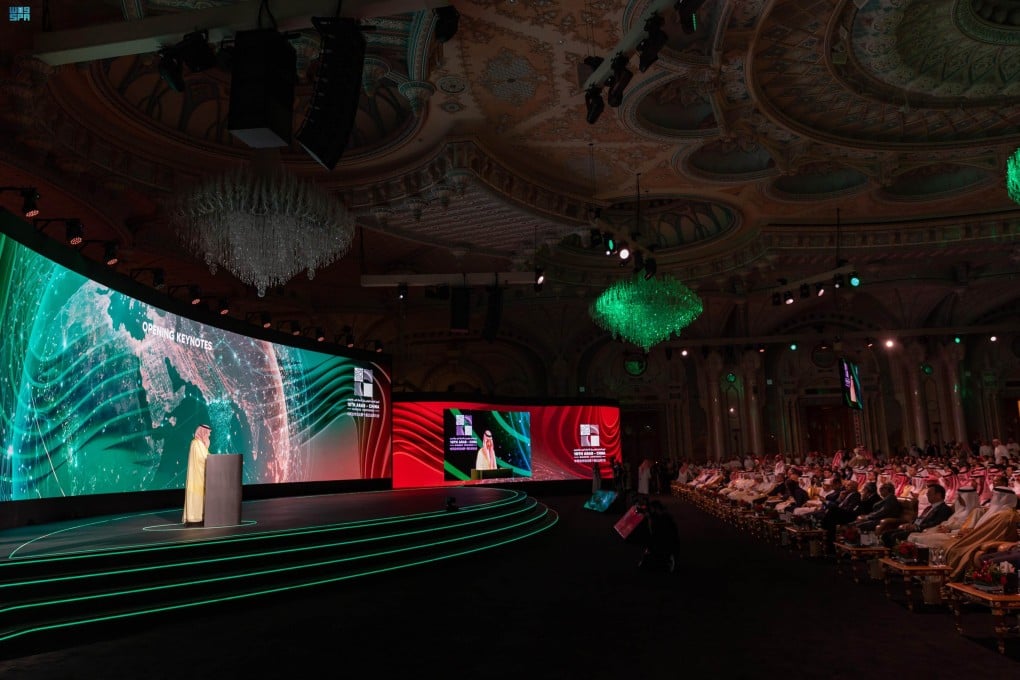Advertisement
Saudi’s US$700 billion wealth fund is a fan of Alibaba, Pinduoduo, Flat Glass stocks as Middle East-China ties spur new deals
- The Public Investment Fund had US$35 billion bets on 52 stocks in its US-listed equity portfolio in March, including Alibaba, PDD, Coupang and Sea
- Other filings in Hong Kong reveal its equity stakes in solar panel maker Flat Glass Group and in AI software developer SenseTime
Reading Time:3 minutes
Why you can trust SCMP

As China turns westwards to strengthen Middle Eastern ties, investors in the oil-rich states are starting to garner equity stakes in China’s leading tech companies, while US fund managers focus on their home market.
CYVN Holdings, backed by the Abu Dhabi government, is spending more than US$1 billion to take a 7 per cent stake in Nio, by picking up US$738.5 million worth of new shares in the Shanghai-based Chinese EV start-up and a smaller block from a Tencent Holdings affiliate.
The deal obscures under-the-radar investment over the past two years by Saudi Arabia’s Public Investment Fund (PIF), which manages US$700 billion of assets and is a fan of some of the industry-leading technology companies in China and Asia.
Advertisement
The sovereign wealth fund has amassed more than US$1 billion worth of stakes in at least five companies including Alibaba Group Holding, the owner of this newspaper, rival e-commerce operator PDD Holdings, and biotech firm BeiGene, according to US and Hong Kong exchange filings.
“The Chinese internet platforms are a no-brainer for fundamentals-driven investors,” said Vivian Lin Thurston, a China-focused equity fund manager at Chicago-based William Blair Investment Management. “The fundamentals are pretty favourable, yet valuations have become so attractive.”
Advertisement
Advertisement
Select Voice
Choose your listening speed
Get through articles 2x faster
1.25x
250 WPM
Slow
Average
Fast
1.25x